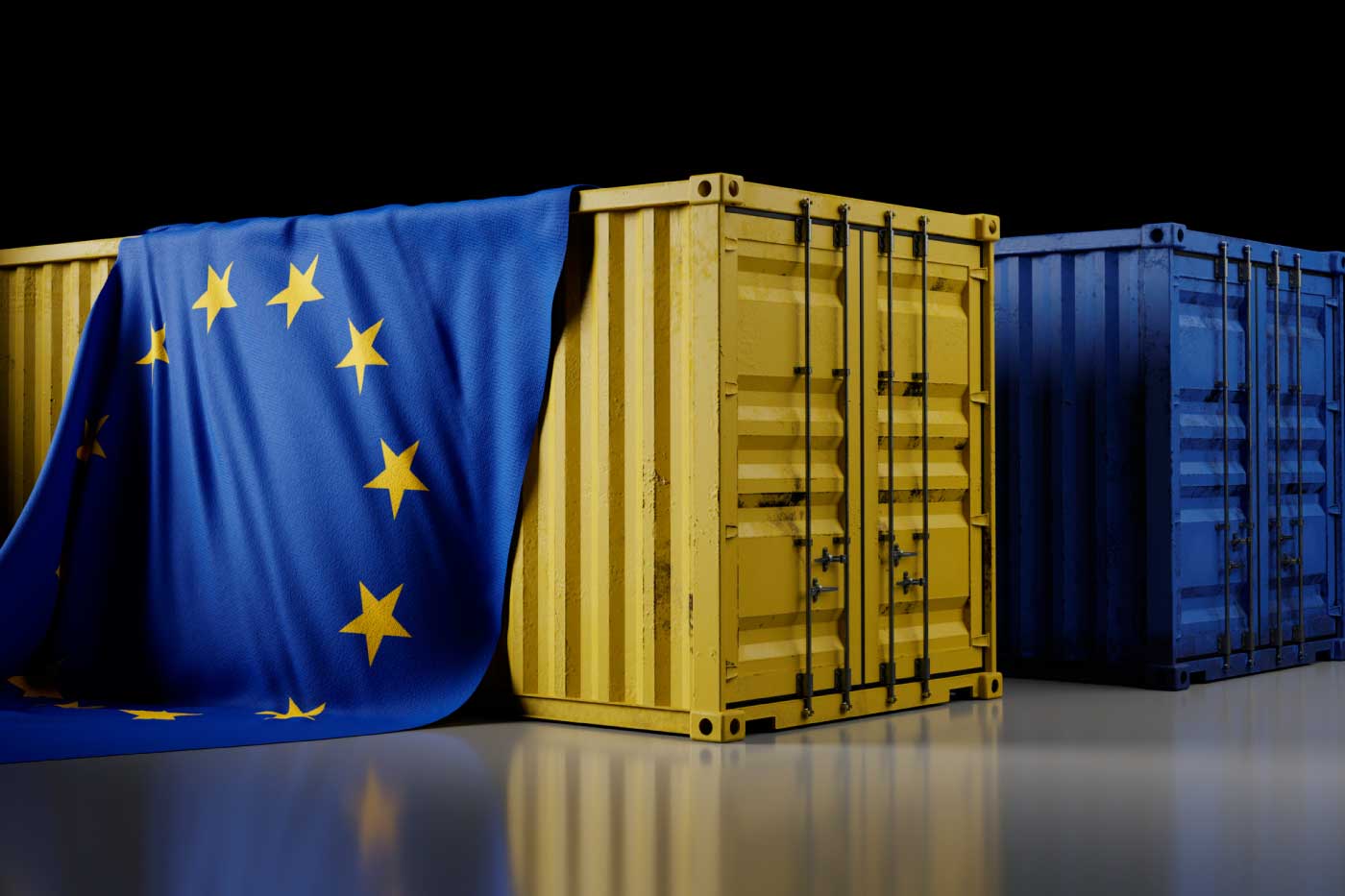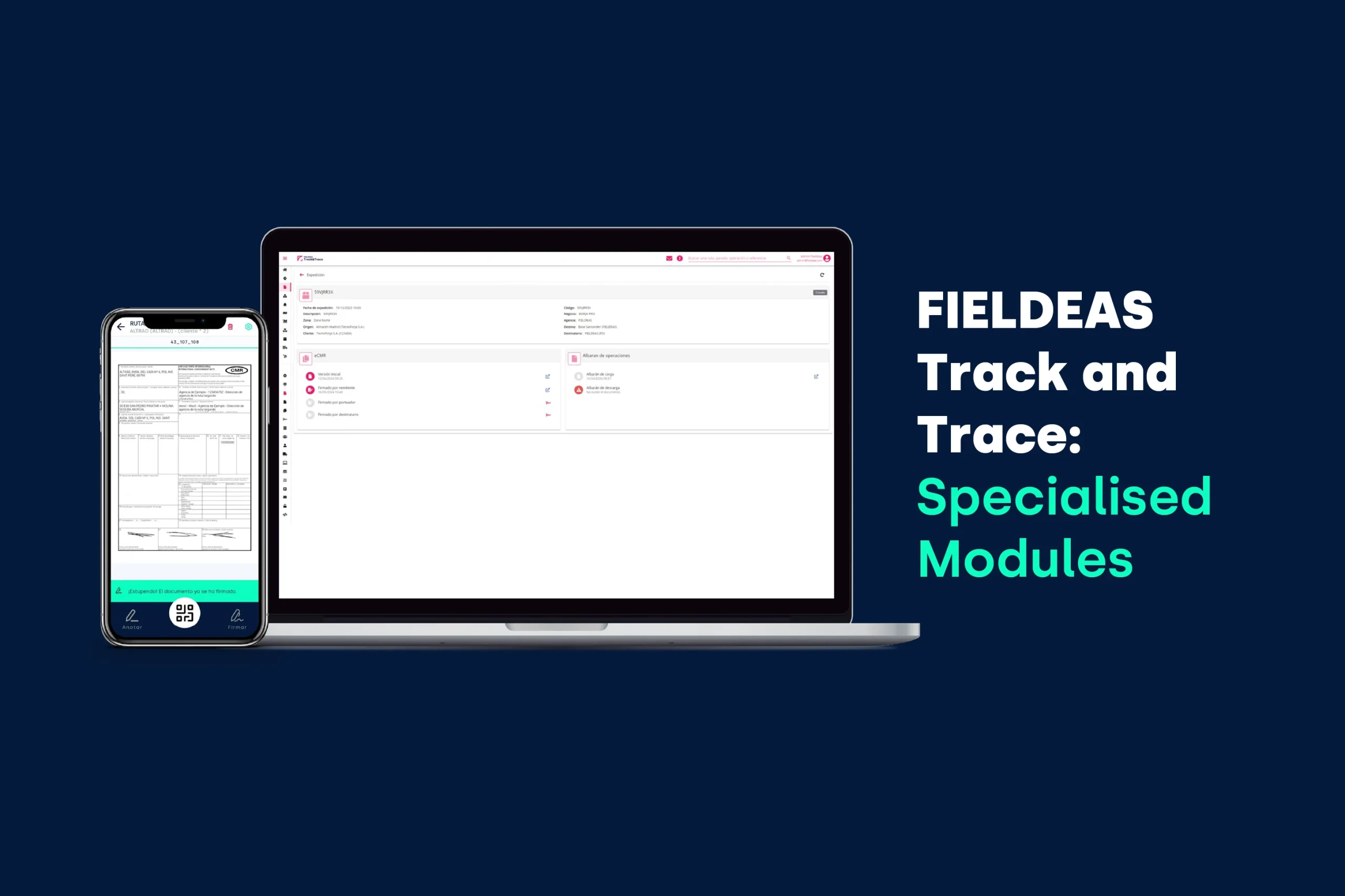eFTI Regulation, a new digital transport regulation in the European Union


The European Union authorities consider the efficiency of freight transport and logistics to be fundamental to the growth and competitiveness of the economy of the economic area, the functioning of the internal market and the social and economic cohesion of all regions of the Union.
In this regard, the digitization of freight transport and logistics is estimated to have a great capacity to reduce administrative costs, improve the enforcement capabilities of the competent authorities and increase the efficiency and sustainability of transport.
On the other hand, the use of paper documents represents a significant administrative burden for logistics operators and a cost, particularly for SMEs, and has a negative impact on the environment.
In this context, EU officials consider that the main reason for the lack of progress towards simplification and greater efficiency in the information exchanges made possible by the available electronic means is the absence of a uniform legal framework in the EU which would oblige the competent authorities to accept relevant information in electronic form legally required for the transport of goods.
In turn, the acceptance of information in electronic format and with common specifications by the competent authorities would facilitate not only communication between them and the economic operators but also, indirectly, the implementation of uniform electronic communication mechanisms throughout the Union and simplified intercompany agreements.
Likewise, it would also mean significant administrative savings for economic operators and in particular for SMEs, which make up the majority of transport and logistics companies within the Union.
The eFTI Regulation establishes a legal framework for the electronic communication of regulatory information relating to the transport of goods on the territory of the Union between economic operators and the competent authorities.
Specifically, the European standard establishes the conditions for this framework so that the competent authorities are obliged to accept regulatory information when it is provided electronically by the economic operators concerned.
This EU regulation also sets the rules on the provision of services related to the electronic communication of regulatory information by economic operators to the competent authorities.
Specifically, the Regulation defines electronic information related to the transport of goods (EITM) and, likewise, what a certified EITM platform and a certified EITM service provider are, in such a way that information transmitted digitally must be communicated by companies in a machine-readable format. and, if requested by the competent authority, in a format readable as text, guaranteeing in any case the confidentiality of the commercial information processed and exchanged.
This Regulation, formally published in 2020, will enter into force on 21 August 2024 and will be binding in its entirety and directly applicable in each Member State from July 2027.
This regulation, which will come into force in just over a year’s time, represents a fundamental step forward in facilitating the exchange of information associated with transport operations in a harmonized manner throughout the European Union.
This gives a decisive boost to digitalization in transport, a process that is unstoppable and offers a whole series of advantages, including:
However, at the same time this process also presents difficulties and faces a whole series of barriers that hinder digital transformation, such as:
The eFTI Regulation and the eCMR Protocol are complementary pieces of legislation that drive digitalisation in freight transport.
While the eFTI establishes a mandatory legal framework for the electronic exchange of regulatory information in the EU, the eCMR focuses specifically on the digitisation of international road transport contracts, allowing for the replacement of physical consignment notes by electronic versions.
Both initiatives aim to improve efficiency, reduce administrative costs and increase transparency, while the eFTI has a mandatory scope from August 2024, the eCMR depends on the voluntary accession of the signatory countries to the Additional Protocol to the CMR Convention.
Their relationship focuses on interoperability and sustainability. The eFTI Regulation facilitates the acceptance and management of digital documents such as the eCMR by unifying technology standards between companies and authorities, accelerating their adoption in the EU.
Together, these regulations promote an integrated digital ecosystem, improving traceability, information security and collaboration in the supply chain, while addressing challenges such as cultural resistance to change and the upfront costs of technological implementation.
As regards technology providers that process electronic information related to the transport of goods, the eFTI Regulation determines that they shall ensure that:
In FIELDEAS we meet all these requirements and we have been working for years in the digitalization of transport services hand in hand with some of the most important logistics operators and transport companies in the Union.
All our services have been developed to comply with all legal requirements, both with regard to the exchange, collection and processing of information, in such a way as to provide all legal guarantees.
This is the case of the digital signature that FIELDEAS offers in its e-CMR, the best in the market and with total legal guarantee.
With the digital signature of our e-CMR, we incorporate documentary authentication in the consignment note. The digital signature is a differential element that provides greater security to the exchange of information, by reliably identifying the actors involved in the preparation and transmission of any document.
In the same vein, our digital CMR incorporates the use of QR codes, a feature that allows for faster and more efficient management of documentation.
In this way, a code is associated to the documentation of each specific shipment, thus avoiding errors and gaining agility in the administrative management of transport for transport providers, shippers and consignees.
In this sense, QR codes unify the processing of information for the different actors involved in the transport chain, facilitating collaboration.
In the same way, FIELDEAS e-CMR increases the security of your services.The QR codes developed by the company are fully verifiable and auditable by the State Security Forces and Corps during their surveillance and control functions for the Transport Inspectorate.
Make sure you have technology partners that help you comply with all legal requirements, take a step forward in digitization and avoid potential penalties. At FIELDEAS we are ready to help you.

23 Jan 2026
No-code electronic form: efficiency for companies with field operations
For companies operating in the field, achieving high levels of efficiency and competitiveness is an additional challenge, as digitizing processes becomes even more relevant. In this scenario, the electronic form…

22 Jan 2026
Comprehensive digitization of road transport documents: mandatory vs. strategy
The management of road transport documents is going through a key moment. The arrival of the mandatory digitization of the Control Document in October 2026 opens the door to the…

15 Jan 2026
How does the digitalization of the control document affect drivers?
The imminent entry into force of the mandatory digitalization of the control document has led to a flood of doubts and questions that are gradually being resolved. We always talk…

08 Jan 2026
Modular FIELDEAS Track and Trace solution: beyond eCMR and dock management
A few weeks ago we analyzed in the post FIELDEAS Track and Trace: the most complete modular solution for logistics and transport the structure of this solution and focused on…